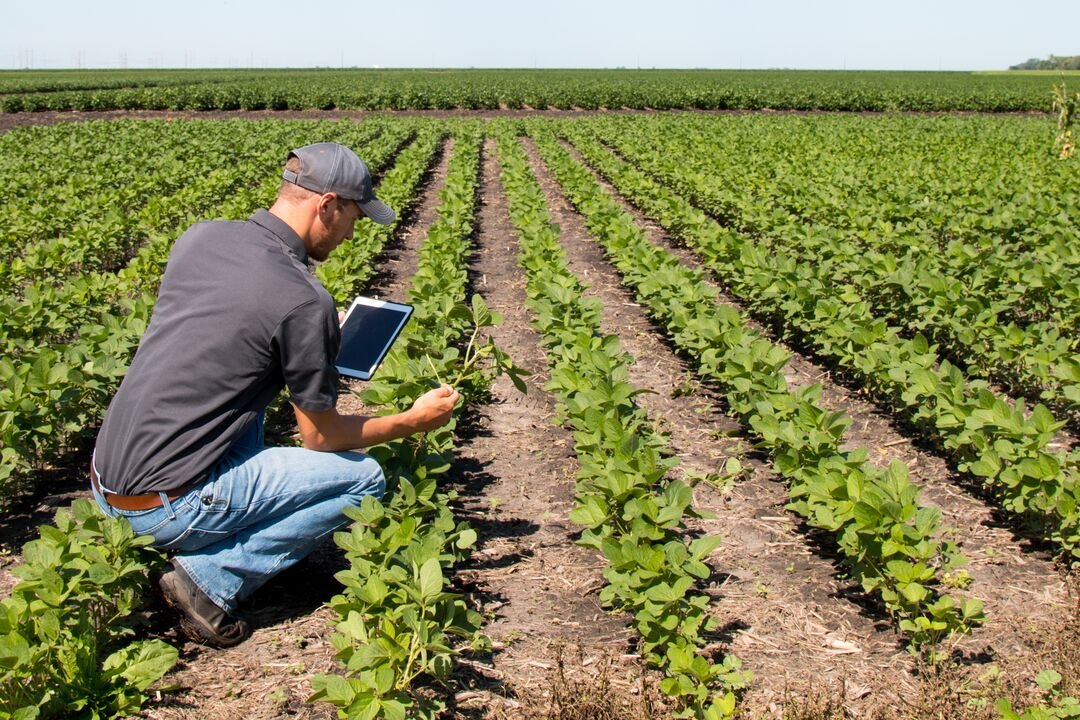A few weeks ago, Farmers Business Network (FBN) raised $50 million in new capital to, among other things, invest in new products and more AI for its customers.
“Artificial Intelligence is enabling us to provide our farmer members with more personalized and relevant insights,” explained CEO Diego Casanello. “Simultaneously, it offers new tools to automate our marketplace operations, reducing costs and improving the customer experience.”
To date, farmer-to-farmer digital network FBN has over 117,000 farms onboard accessing more than 7,000 products such as crop inputs, livestock supplies, and seeds through its e-commerce marketplace.
It launched Norm, an AI advisor that can answer agronomy questions, in 2023, and this year has expanded its platform to include more of its private-label portfolio as well as products from third-party sellers.
Like most other agtech companies, FBN has also had to contend with economic headwinds, receding investor interest in the sector, and general uncertainty in US agriculture.
Below, Casanello discusses future plans for Norm, the company’s AI strategy, and other significant milestones from the last year.
AgFunderNews (AFN): What will FBN do with the new capital?
Diego Casanello (DC): The first focus of this fundraiser is continuing with customer acquisition. If you look at the membership growth of FBN over the last few years, we have consistently had 40% to 50% CAGR in member growth.

We are activating members to not only come to us for data insights, but also to buy inputs, apply for loans, and, get services from FBN.
We have been working a lot over the last few years on reducing our cost to acquire customers, and we are at the point where we have very attractive unit economics to scale.
At the same time, we are expanding the platform in terms of more product categories, and we’re opening the platform, not only with the private label of FBN, but also bringing more and more third parties to offer their products through FBN.
That also requires some [changes to] workflows like technology to enable those product categories to be onboarded on the platform.
AFN: What opportunities does FBN see for AI in agriculture?
DC: Certainly, AI is the big opportunity—think about the fact that data in agriculture is very unstructured, very dispersed. FBN has been very focused in trying to bring order to that data chaos, and with AI, you can bring this to the next level and delivery it in a very natural way.
For example, in North America we speak English, but if you think about AI in the developing world, you can deliver data insights in local languages, and that provides opportunities to create an interface between the farmer and the ecosystem of companies, institutions and other stakeholders.
We have probably the largest farming data set on the planet at FBN, and are very, very well positioned to really lead the deployment of AI in ag.
I see [AI working] in two areas [on the FBN platform]. One is efficiency: AI allows us to automate several workflows to make our platform even more cost efficient.
At the same time, we are in a network of farmers, sharing data with each other and providing insights. AI allows us to bring this to the next level and to provide a new set of insights that will bring even more value in the future.
AFN: What’s in store for Norm?
DC: Today you can ask Norm agronomy questions, and for most questions, you’ll get an answer. But we’re training Norm on additional data—for example, on grain marketing. So that’s the next offer through Norm, getting support on grain marketing questions.
We have a roadmap to train Norm on questions around sustainability, finance, markets, even developing a maintenance plan for your farm.

AFN: What are a few of FBN’s other notable milestones from the last year or so?
DC: We’ve been focusing on three areas.
One is in [delivering] the most cost-efficient way to bring capital, inputs, services to the farm. That’s absolutely important because of how inefficient we are organized as an industry. Everybody’s adding costs, and it’s very capital intense. So a big part of our mission is create value by reducing the cost to serve the farm.
The second point is convenience—really making it simpler for farmers to transact in a couple of click, get approval for a loan, and get basically everything needed for the farm.
And the third thing is personalization, which is is basically leveraging all these data sets we have around farming to bring a more specific, customized offers to the farmers.
For everything we do and all our milestones, we’re going after our focus on those three areas.
I would say we have made significant strives in helping reduce the cost to serve [farmers]. From technology, we have become leaner ourselves.
At the same time, we’re adding a national seed offer, bringing on livestock supplies, so we’re now a true option for ranchers in North America.
We are also bringing more fintech solutions, sustainable financing and also interest-only loans.
And I would say a big milestone was also a joint venture we announced with ADM and the partnership we have with the bio-ethanol industry, where we’re helping farmers qualify for low carbon intensity programs. We’re validating the claims using satellite imagery and algorithms and then helping them sell the grain through our platform and paying [farmers] a premium. We’ve paid already more than $30 million in premiums to farmers.
AFN: What about the decision to open the platform to third-party sellers?
DC: The idea is to expand, but we cannot do everything ourselves. A lot of companies are doing great work in accelerating innovation or bringing more innovation to North America. A lot of companies are developing new biological crop protection products, for example.
They all struggle with the same problem: farmer access, and sometimes convincing very large organizations to put their products on the shelf.
What we are doing is giving innovators the tools to reach the farmer more cost efficiently and be able to accelerate the pace of launching new products to the North American market.
AFN: How has FBN navigated the challenges of the last few years?
DC: We’re lucky that we’ve had really strong investors for many years now. They are close to what we do and understand our strategy.
The capital market has changed dramatically in the last three years. Like other industries, [agtech is] doubling down on operational discipline with a focus on profitability.
Those companies that are here after this period are going to be the great exits for many of these VC investors that have led the space. We are very, very focused on being one of those success cases for a tech investor, and we’re on a good path to that.
Yes, the number of startups now is smaller, but those that remain are stronger.
The post ‘We are very well positioned to lead the deployment of AI in ag’: in conversation with Farmers Business Network appeared first on AgFunderNews.














